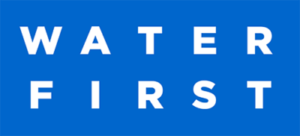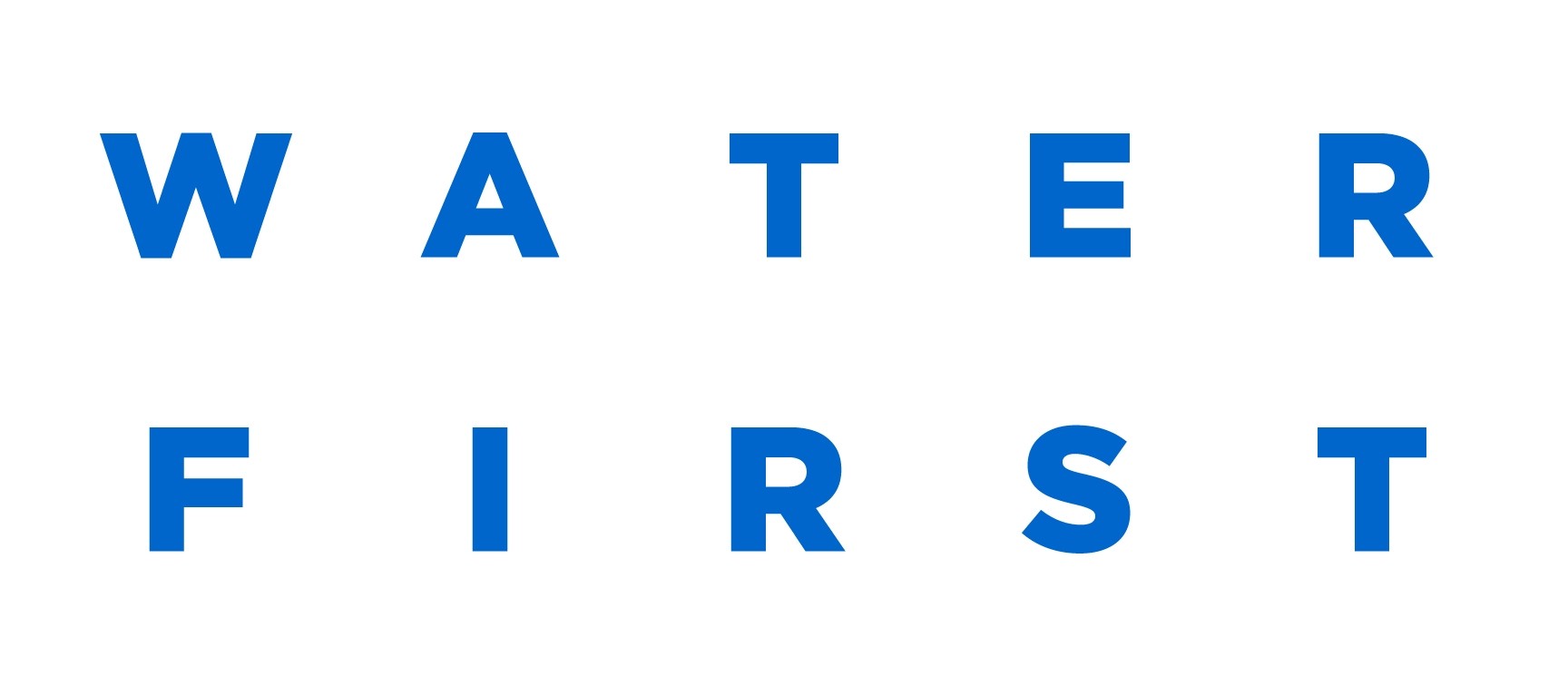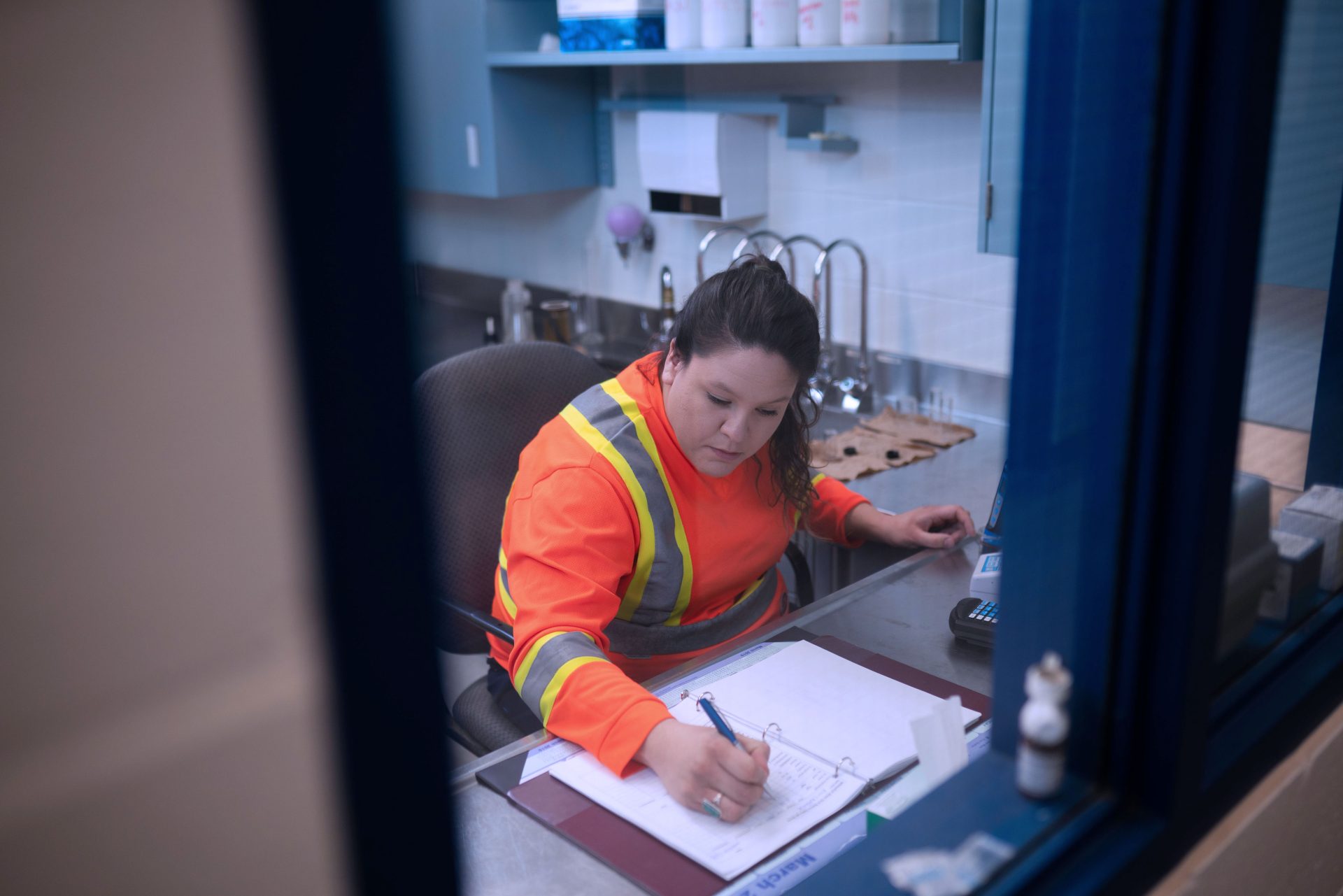The latest news and updates on our programs.
Internship Key Milestones
The Water First interns wrote their Entry Level Course and Operator in Training (OIT) exams in the last couple of months. These exams are significant milestones in the Internship program. The OIT is prepared and administered by the Ontario Water Wastewater Certification Office. Passing this exam is the key step for the interns to become provincially certified as Operators in Training at a Water Treatment Plant.
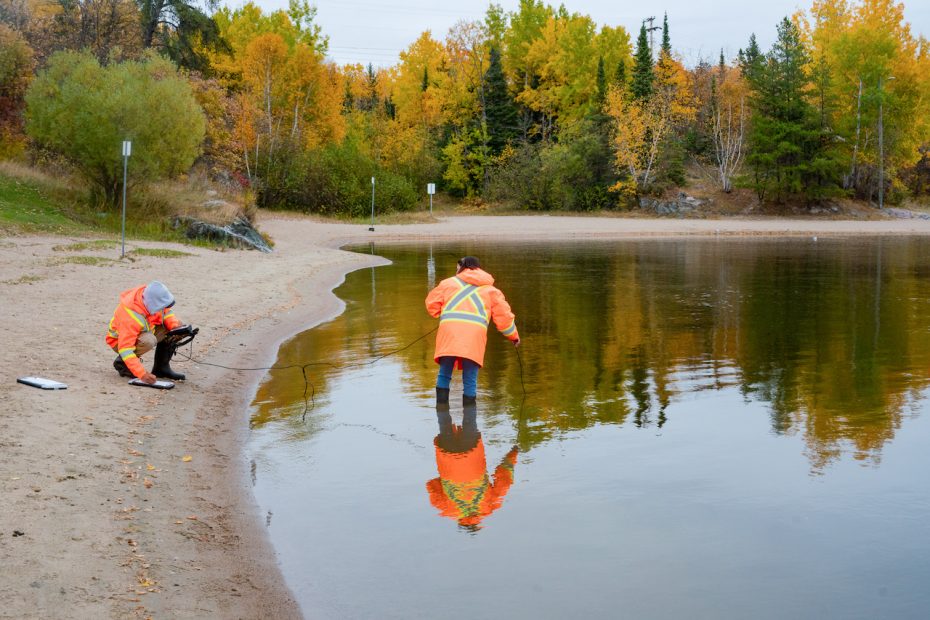
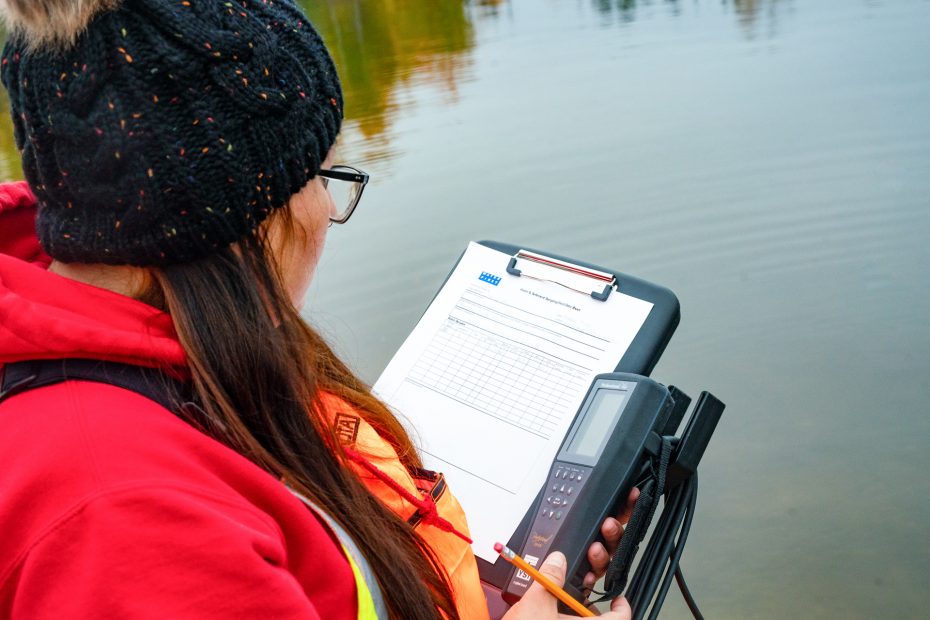
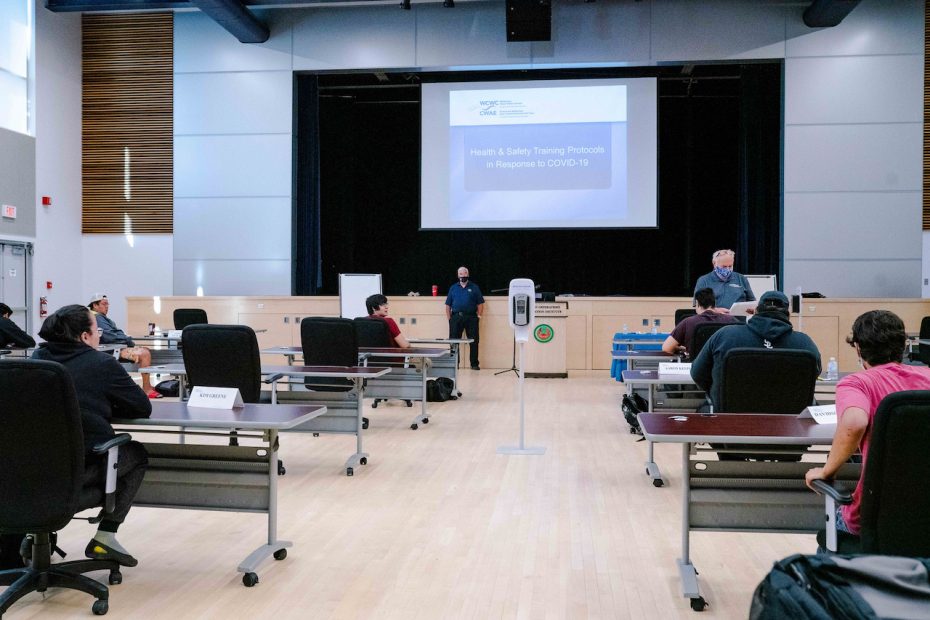
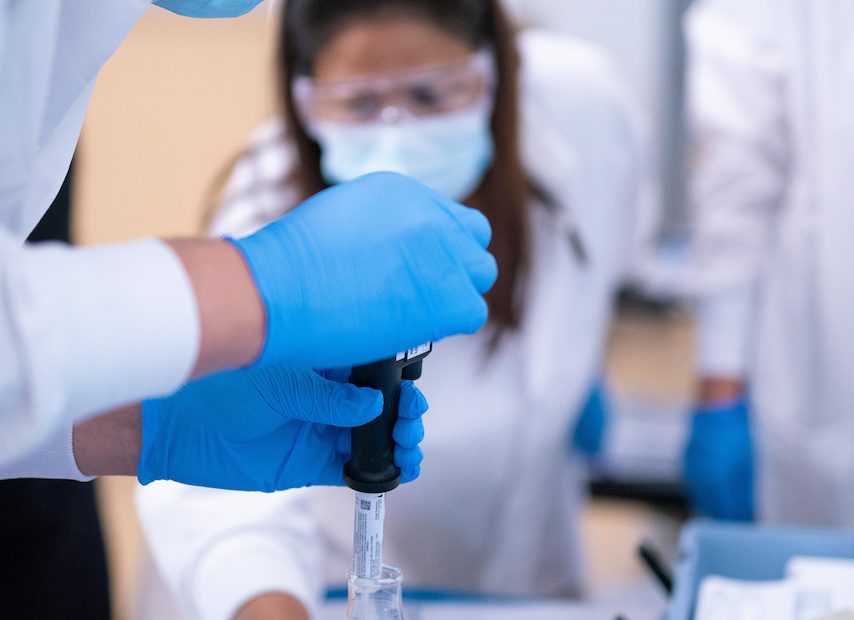
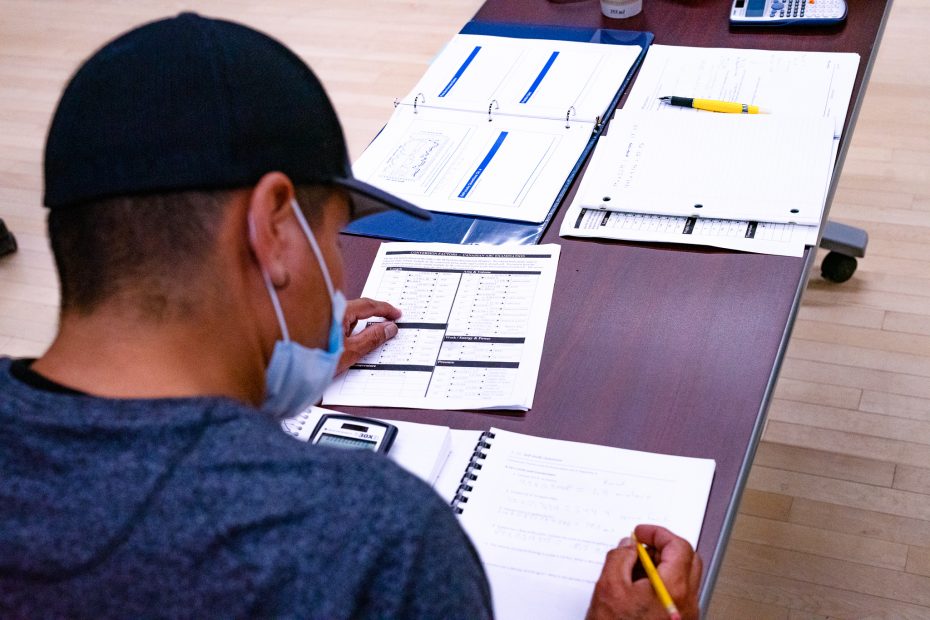
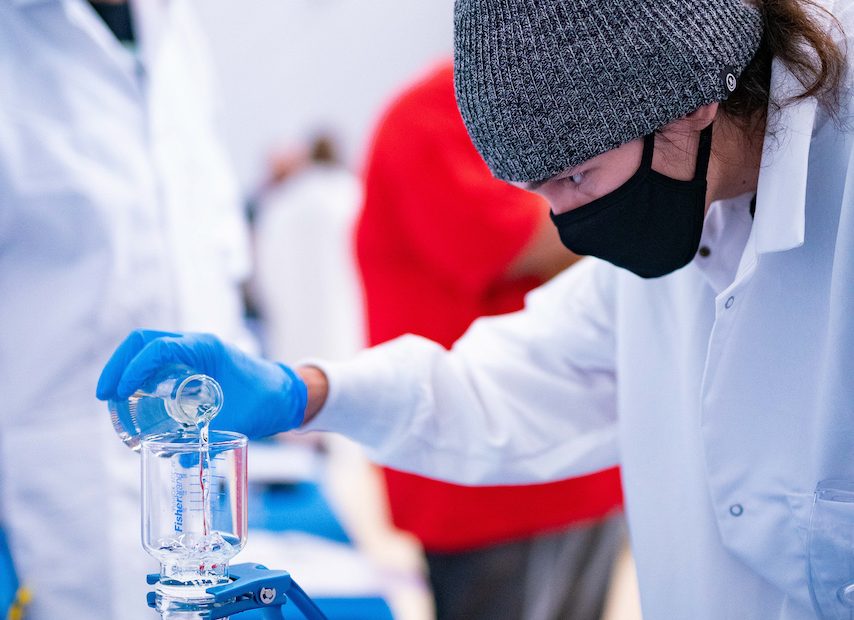
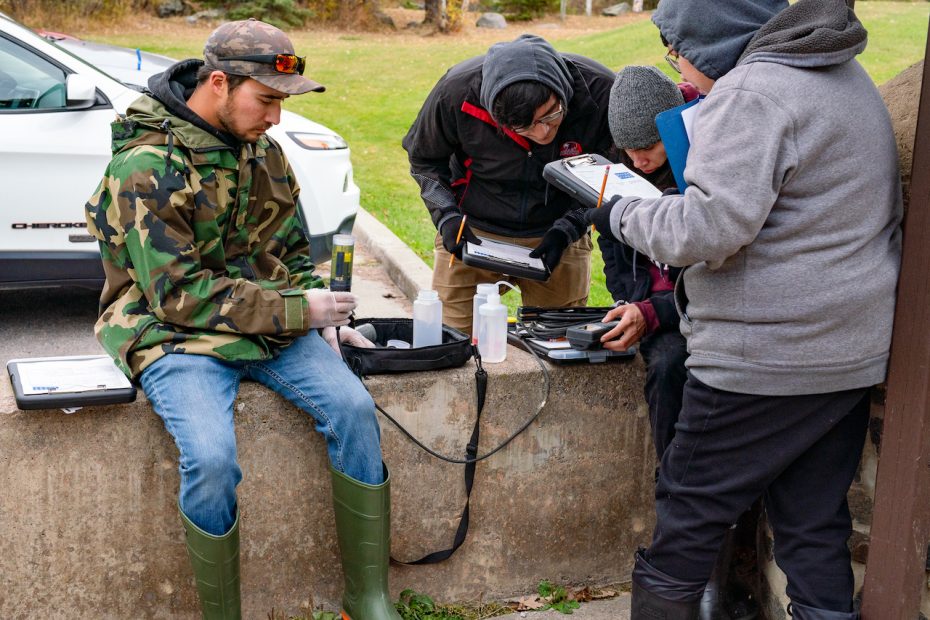
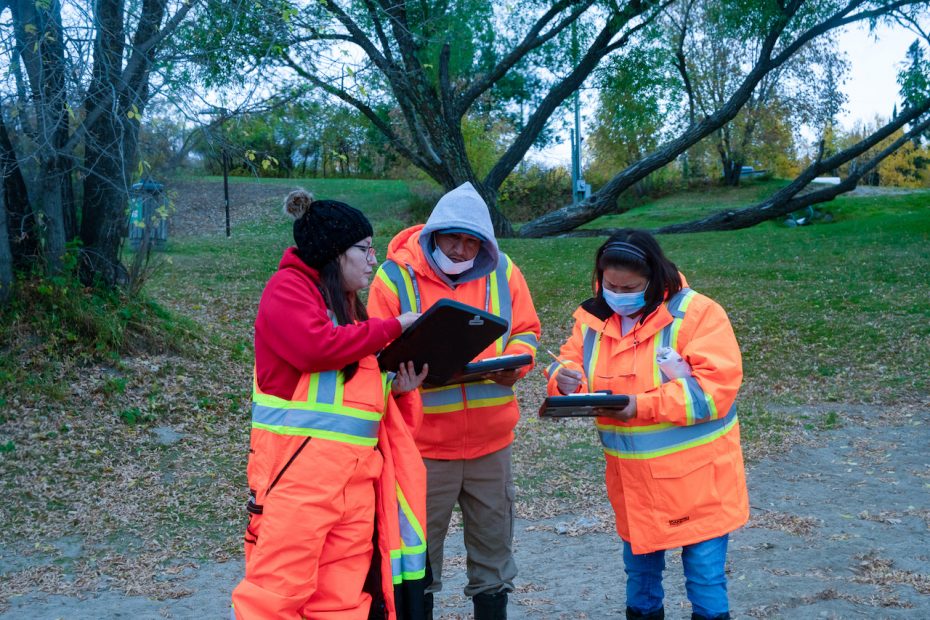
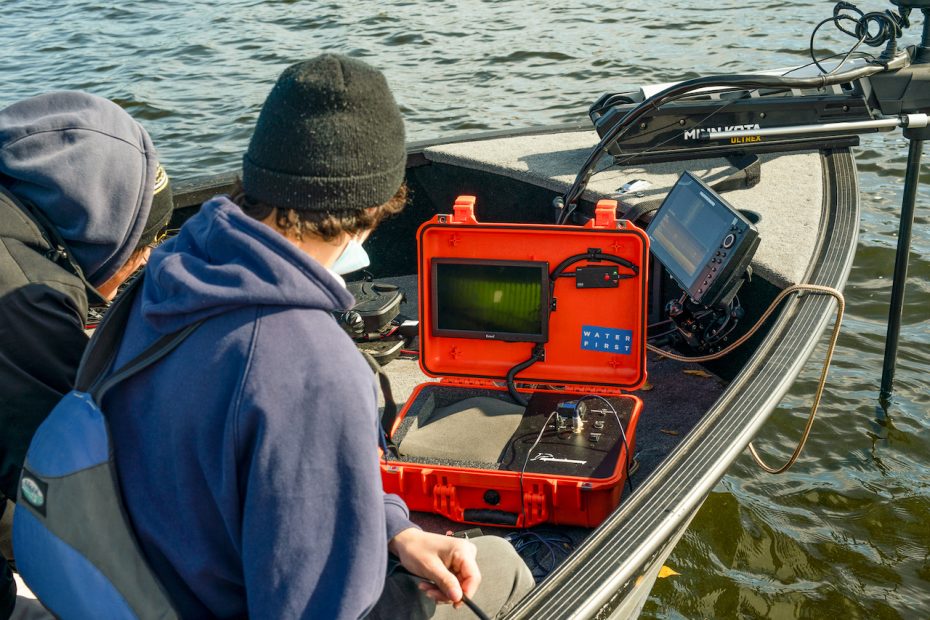
To help the interns prepare for this particular exam, the Water First team travelled to Kenora to run a week-long review session with the interns. They reviewed challenging topics and wrote a mock exam to prepare.
Here are a few example questions that could have been on the exam:
The chlorine dosage of a town’s water source is 4.0 mg/L. The chlorine demand for the water is 3.7 mg/L. What is the chlorine residual?
Which of the following samples results would be classified as an “Adverse Result” under Ontario Regulation 170/03?
The internship program isn’t all about operating a water treatment plant. Environmental water monitoring training is included for a comprehensive skill set around water, from the watershed, to source water, and through treatment and distribution. After the big exam, the Water First team and interns spent a week diving into this training, out on the land and on the water.
We are so proud of the interns and all the work they are doing in their journey to provide safe water for their communities.
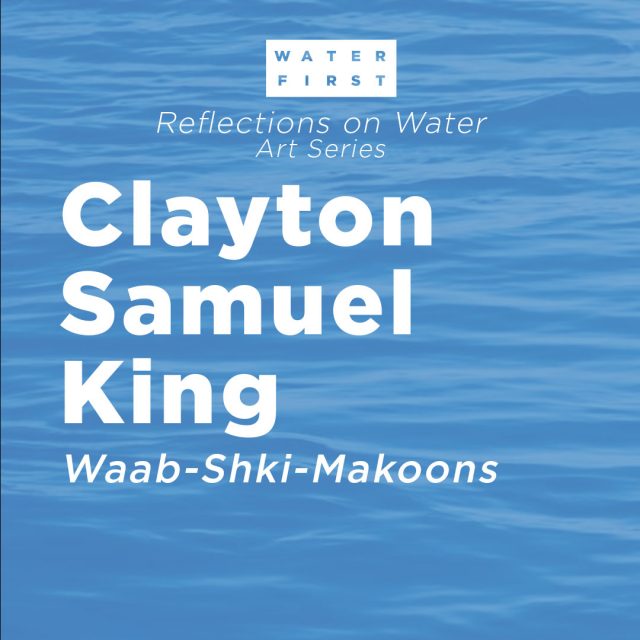
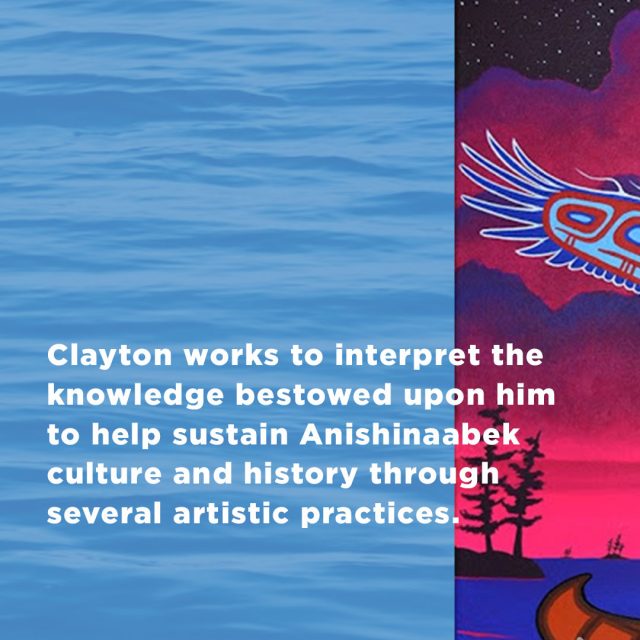
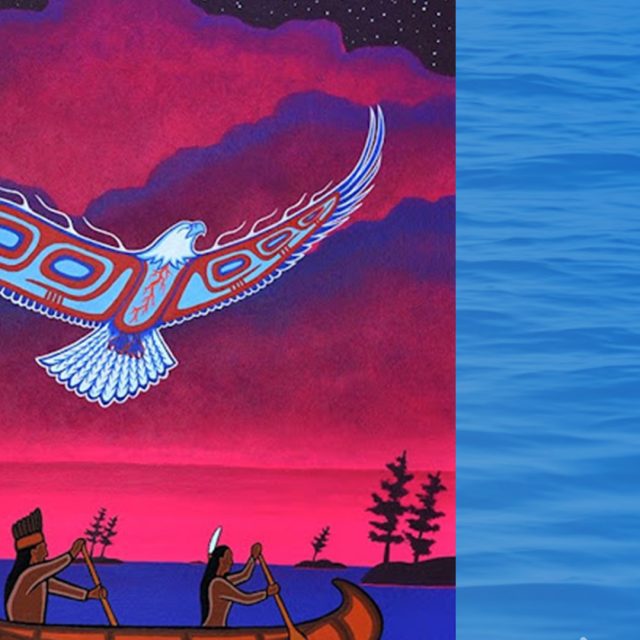
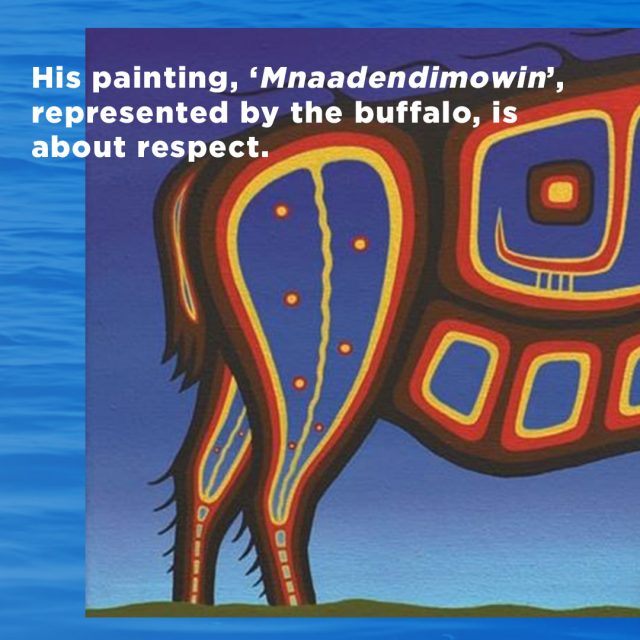
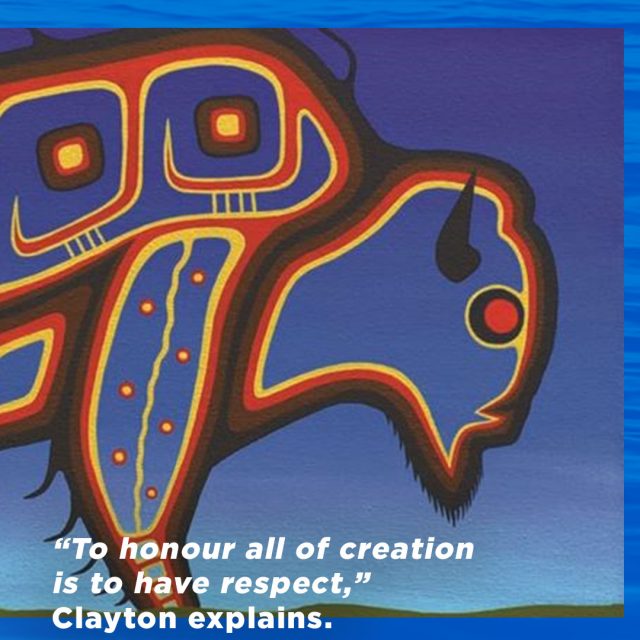
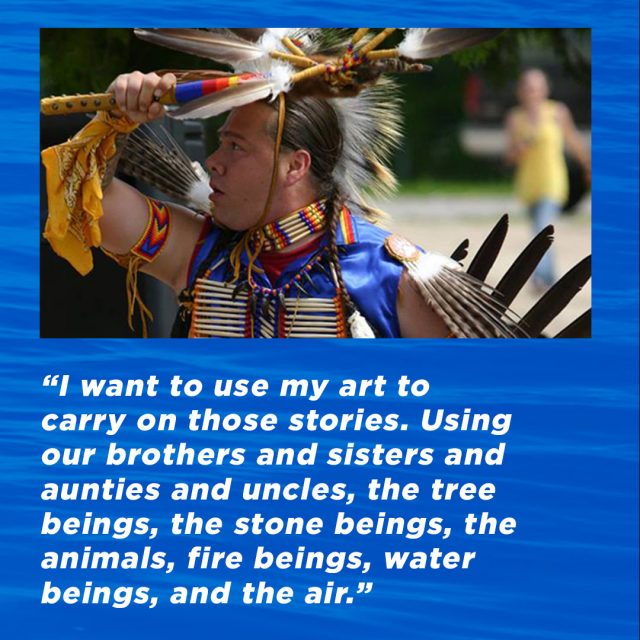
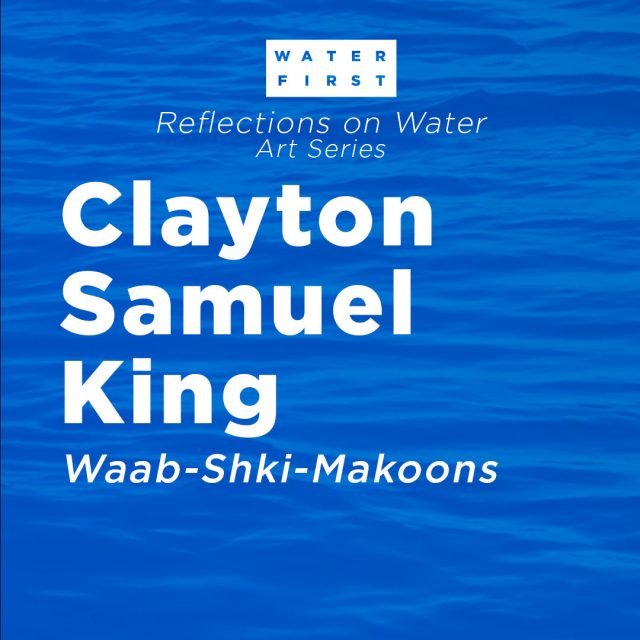
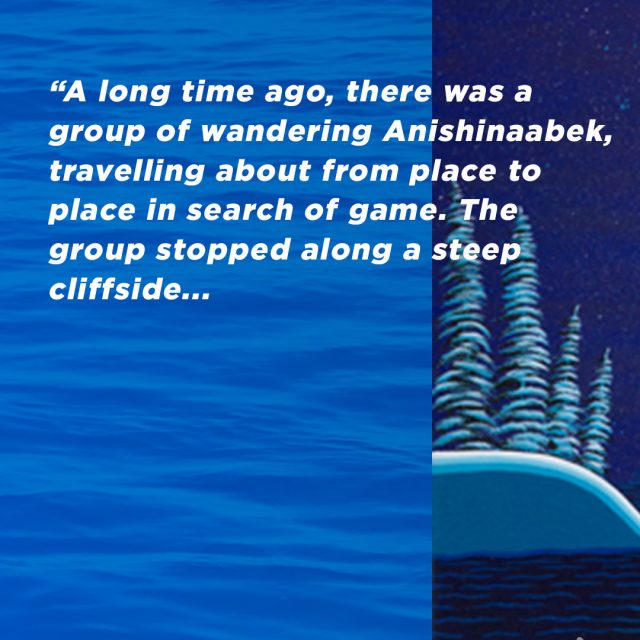

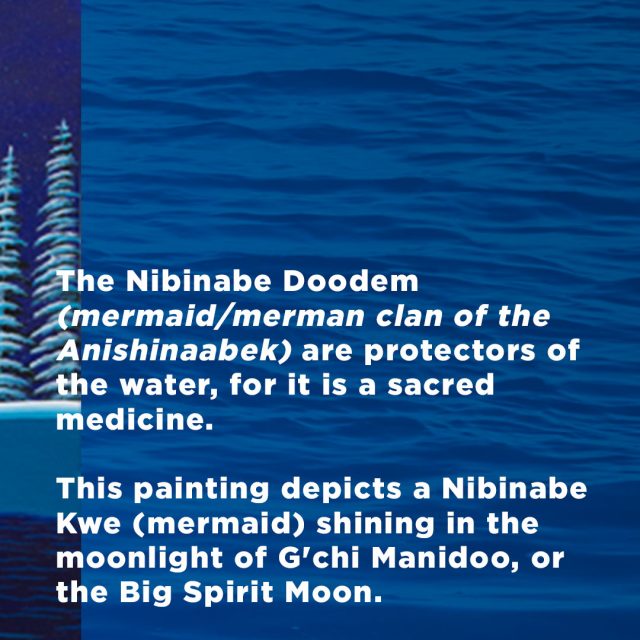
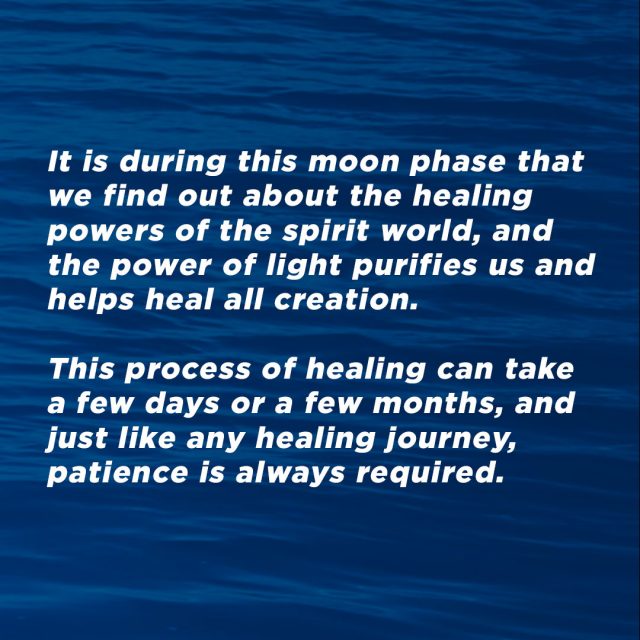
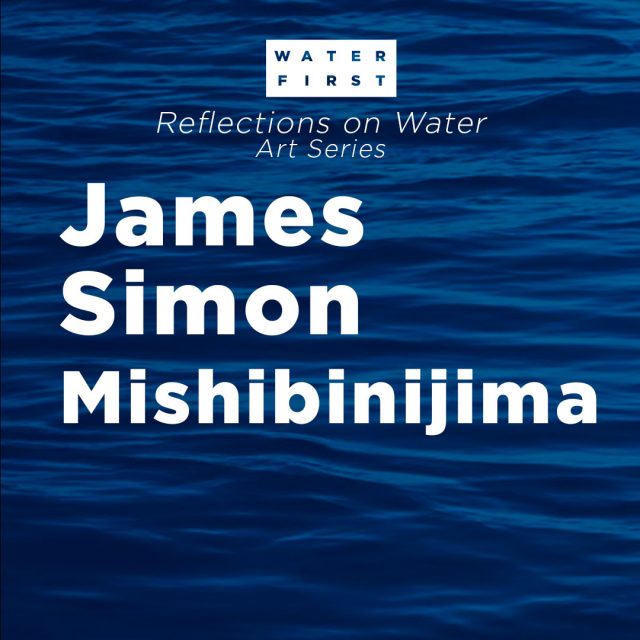
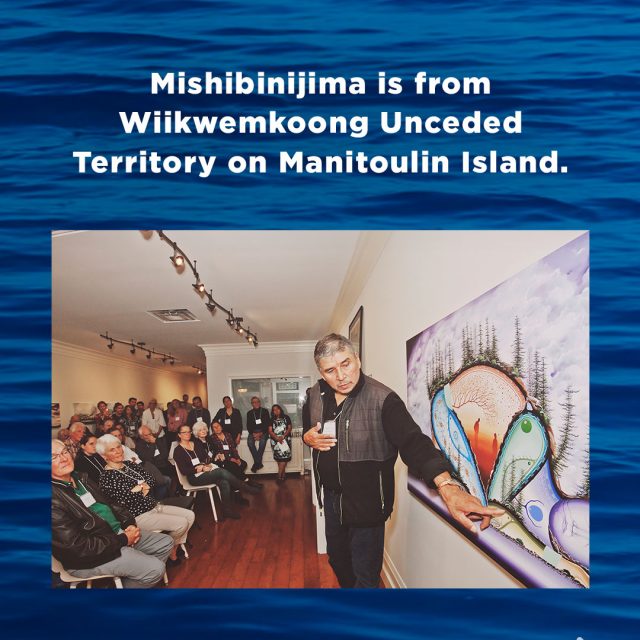
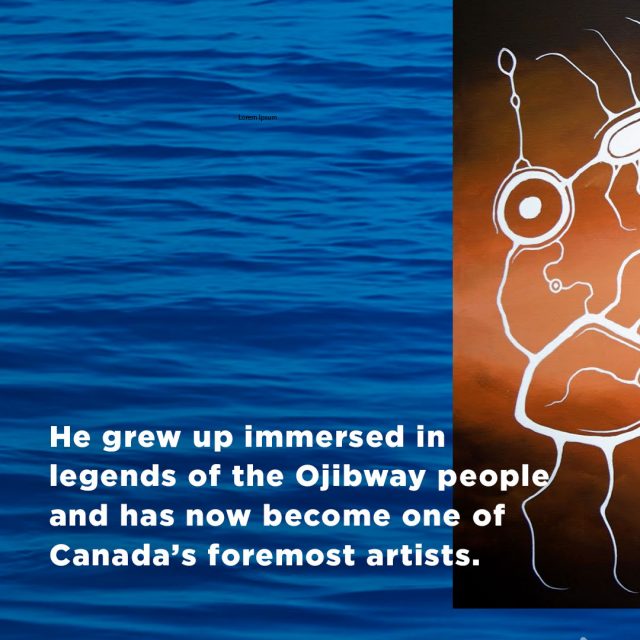
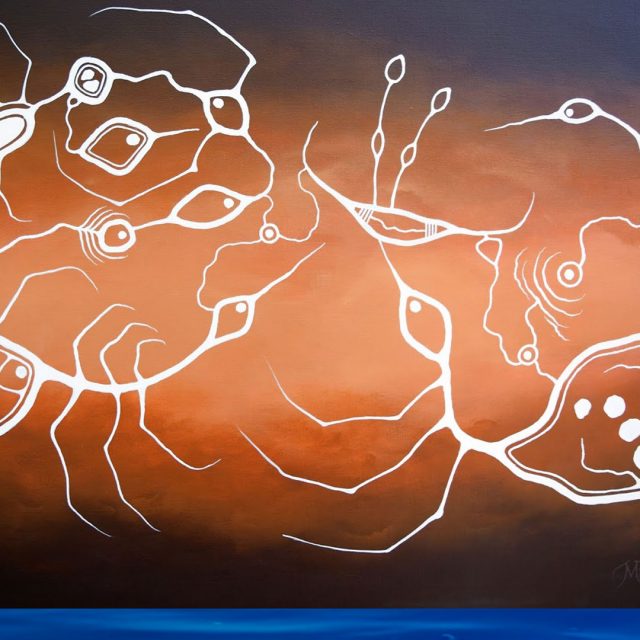
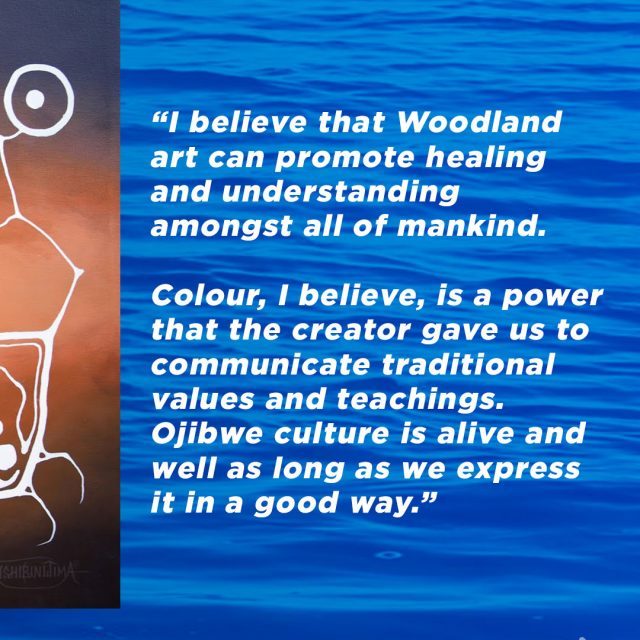
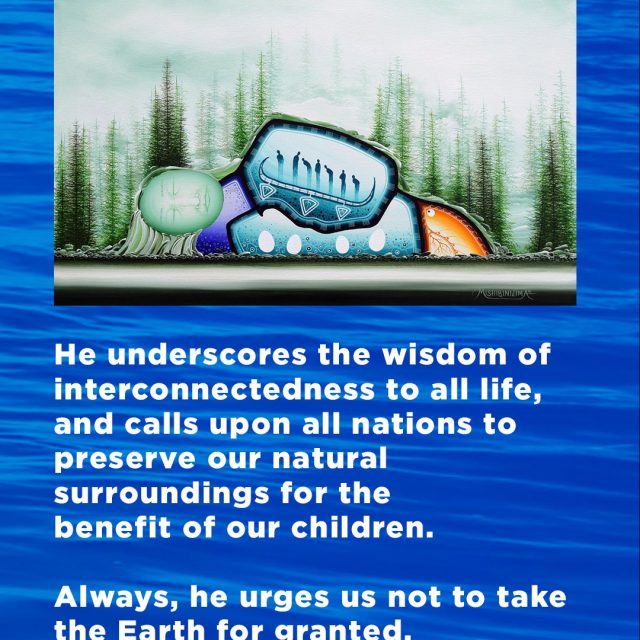







Reflections on Water
For the past two years, Water First has participated in the Creemore Arts Festival by opening our offices to the public to showcase Indigenous artists and further develop meaningful relationships with the Indigenous Arts Community. This year, due to COVID-19, the festival has unfortunately been cancelled. So, instead we are doing a virtual showcase of two talented artists.
Clayton Samuel King (Waab-Shki-Makoons) is a member of Beausoleil First Nation.
James Simon Mishibinijima, often known synonymously as Mishibinijimi, is from Wiikwemkoong Unceded Territory.
Inspiring Future Interns
Inspiring Future Interns
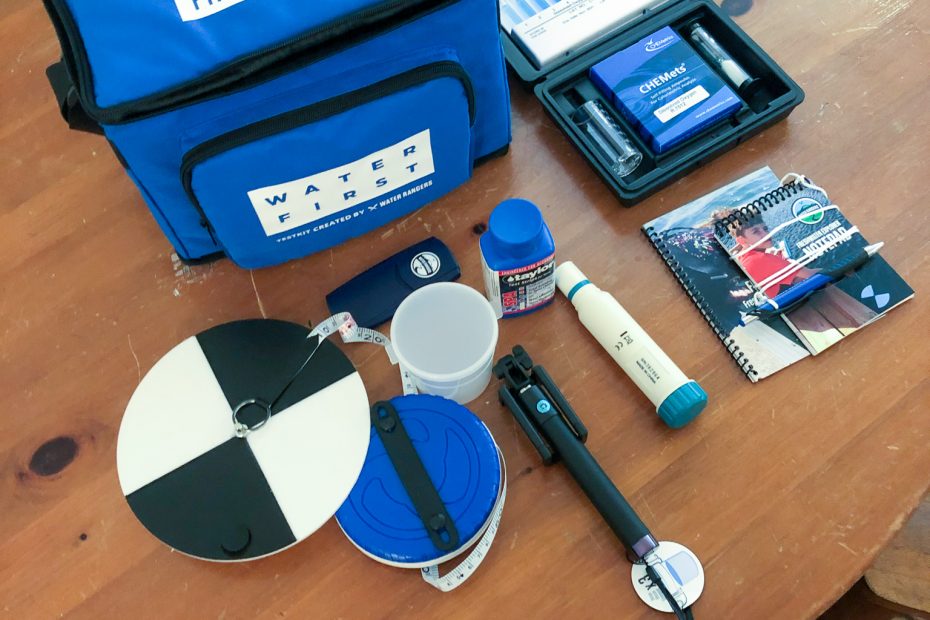
Indigenous School Workshops Go Virtual
This fall, due to COVID, we are offering remote programming for our Indigenous School Water Programs.
We will mail out comprehensive STEM-based water science learning resource kits for K-12 schools, including lesson plans. Water First will co-deliver the workshops via video conferencing with classes. And we will support school staff virtually on how to use these hands-on resources students.
We aim to have community speakers join us virtually as well, to integrate crucial local Indigenous knowledge and create connections between the content and the community.
Our programs will still include an important environmental conservation action component. We will work closely with groups of student scientists to complete a multi-workshop series. This series will ultimately provide them with the foundational knowledge and training to conduct a source water monitoring project on water bodies of the community’s choice. Students will also share messages about environmental conservation and sustainability to inform the community of their work and raise awareness.
Before being mailed out, all resource kits will be carefully prepared, while adhering to strict COVID appropriate sanitization and safety measures.
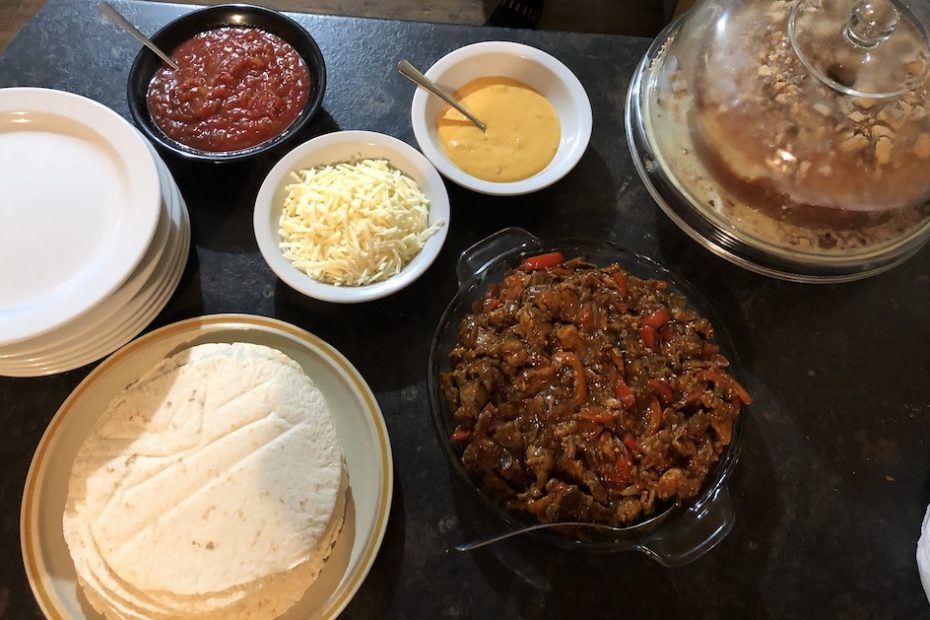
Fish Sampling and a Spicy Noodle Challenge
Naskapi travel restrictions were recently lifted and the Water First team was invited by the community for a visit in early September.
Water First Staff Feature: Dillon Koopmans
Water First Staff Feature: Dillon Koopmans
This allowed us to reconnect with the interns in person and provide additional training. Together with the interns, they collected water, sediment and fish samples that will be analyzed for mercury and heavy metal concentrations.
Then, our staff worked with the interns and community members to collect catch statistics at two local derbies as a way of better understanding the sizes, sexes and types of fish being caught. This adds to the population assessment completed in the 2019 field season to understand the health of the lake and pressures on the fish populations in Naskapi Traditional Territory.
They also monitored the Brook Trout spawning shoals at Little Barry Lake that were restored in 2019. Along with visiting a new site, Lac Vacher, for an assessment of potential remediation during the 2021 field season. The team determined the scope of the hazardous waste clean up and coordinated the safe disposal of the waste by the EcoCentre in Schefferville.
Visiting in-person with our partner communities is a very special part of what we do. Not just because it is important to get hands on with our work, but also what happens in between. We firmly believe that strong relationships are built on individual connections and shared memories. One evening, while staff members Jag and Ryan were in Naskapi Nation, they hosted a “Spicy Noodle Challenge”! The interns and a few members of the community, including the deputy Chief, took part in the challenge. The result? An evening of delicious dinner, laughter and great memories.
